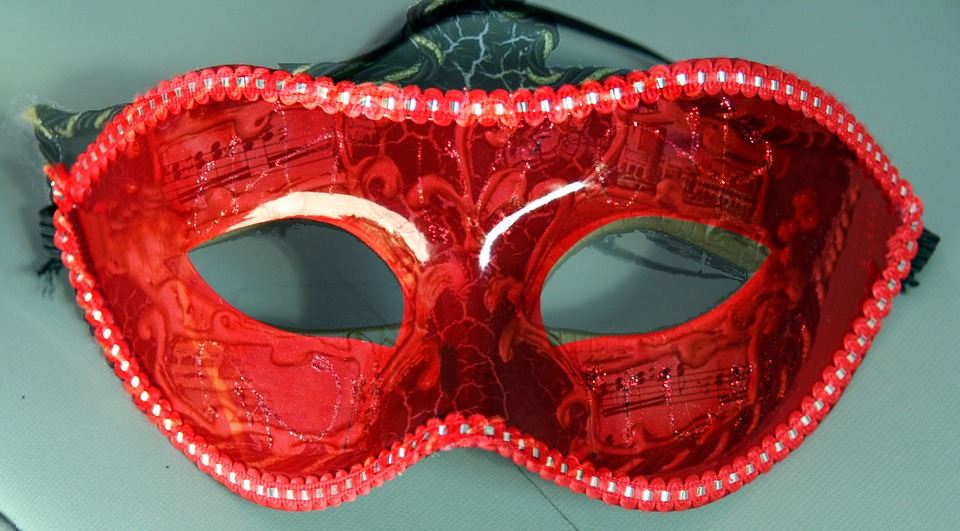The key difference between mask and masque is that mask is a covering for the face, whereas masque is a type of theatre entertainment, including poetry, singing, and dancing, performed in England in the 16th and 17th centuries. Mask and masque are two homophones, which means that they have the same pronunciation despite the variation in spelling. Therefore, many people tend to ignore the difference between mask and masque. In addition to the above-mentioned key difference in meaning, it is also important to note that mask is a common word in everyday usage, whereas masque is less common in usage.
Key Takeaways
- Mask is a covering for the face, used for protection, amusement, and disguise.
- Masque is a form of theatre entertainment that was popular among the nobility in 16th- and 17th-century England, involving performers wearing masks.
- While mask is commonly used in everyday language, masque is a less common and somewhat archaic term.
What is a Mask?
Mask is simply a covering for the face. It can cover a part of the face or all of it. We wear masks for different reasons, including protection, amusement, and disguise. The use of masks in rituals and performance is a very old practice. Many traditional rituals or performances in various cultures involve masks; for instance, African Festima masks, Indonesian Topeng masks, Chinese New Year masks, Venetian carnival masks, etc. Furthermore, masks also play a key role in theatre productions, especially in non-western countries.
People also wear masks for practical functions. Some people wear masks to conceal their identity; for example, burglars cover their faces with masks. Masks are also highly used in the medical field; surgical masks and oxygen masks are two common examples of such masks.
What is a Masque?
Masque is a somewhat archaic word. It refers to a form of amateur dramatic entertainment, which was popular among the nobility in 16th- and 17th-century England. Masques consisted of dancing and acting performed by masked players. These actors usually represented allegorical or mythical characters. Masques actually originated from Italian and French pageants and masquerades. Some people also use the word masquerade to describe a masque.
In literature, masque can also refer to a dramatic verse composition written for such an entertainment. Moreover, in rare cases, ‘mask’ has been used as an alternative spelling for masque.
What is the Relationship Between Mask and Masque?
A mask is a covering that covers a part or whole of the face, while a masque is a form of entertainment involving performers wearing masks. It is also important to note that ‘mask’ is a rarely used variant spelling for masque.
What is the Difference Between Mask and Masque?
The key difference between mask and masque is that mask is a covering for the face, whereas masque is a type of theatre entertainment, including poetry, singing, and dancing, performed in England in the 16th and 17th centuries. Also, there is a difference between mask and masque in terms of their usage too; mask is a common word in everyday usage, whereas masque is less common in usage.
Summary – Mask vs Masque
A mask is a covering that covers a part or whole of the face. People wear masks for various purposes, such as protection, disguise, and entertainment. A masque is a form of entertainment that includes performers wearing masks. Thus, this is the basic difference between mask and masque.
